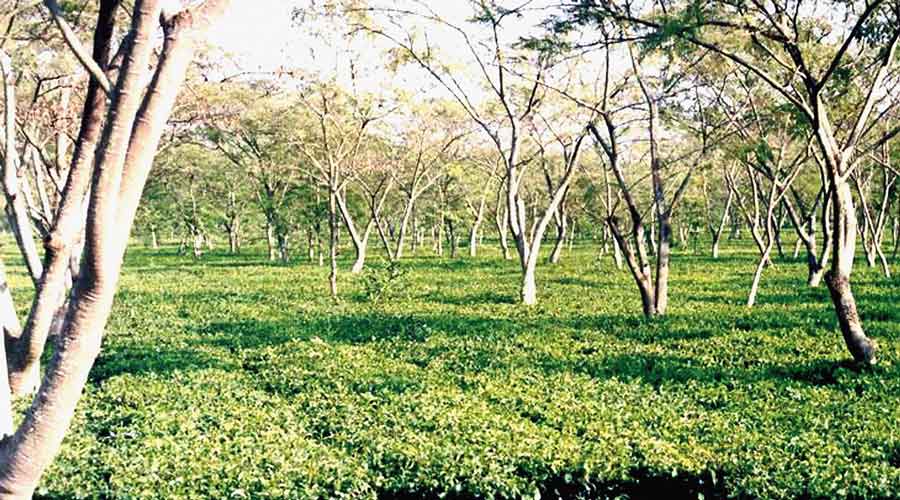Stakeholders of the Indian tea industry have sought suitable steps from the Narendra Modi government to check the “unbridled import” of Nepal tea, which they said was affecting the overseas market of Indian tea.
On Monday, representatives of the industry made their submissions before the Parliamentary standing committee on commerce in Delhi where they flagged this and other issues pertaining to the sector.
Sources in Darjeeling tea industry said in Nepal, around 6 million kilos of orthodox tea is produced in hilly regions. Out of it, around 3 million kilos are imported to India and sold as “Darjeeling tea” in the domestic market, they claimed.
“There are also reports that a portion of these teas are sold in international markets as Darjeeling tea. This is affecting the domestic as well as international market and the practice must be stopped. That is why we have sought intervention from the Centre for curbs to check indiscriminate import of tea from Nepal,” said a veteran of the industry.
In their submission, representatives of the industry have said the Centre is yet to disburse a sum of over Rs 80 crore that hill tea estates were supposed to receive as compensation.
“Back in 2017, when the statehood agitation had rocked the hills and the tea industry had to suffer a loss for around three-and-a-half months, the Centre had talked about a revival package. Experts were engaged and an estimate of Rs 82.69 crore was made. Eventually, in July 2018, the Union commerce ministry recommended it. Till date, the assistance has not reached us,” said a planter based in the hills.
In recent years, this is the first time that the standing committee has convened such a meeting to take note of the issues related to the Indian tea industry.
Members of the small tea sector, which contributes around 52 per cent of the total Indian tea production, came up with their submissions.
“A portion of the tea imported from Nepal is sold in certain local markets as CTC teas at cheaper rates. This is affecting our market in different areas, especially in north Bengal. The Centre should look into the issue,” said Bijoygopal Chakraborty, president, Confederation of Indian Small Tea Growers’ Associations (Cista).
He said small tea growers based in the hilly regions of tea producing states need additional funds for their improvement.
“Six mini factories have been set up by small tea growers in Darjeeling hills but they could not operate and merchandise their product in the absence of necessary approval from the ministry,” Chakraborty added.
The sector also wants the growers to be recognised as agricultural farmers so that they can avail multiple government benefits like the farmers who cultivate traditional crops do.
“There is hardly any difference between a grower and a traditional farmer. The growers earn a living by selling tea leaves, like any other cultivator,” said a grower.











